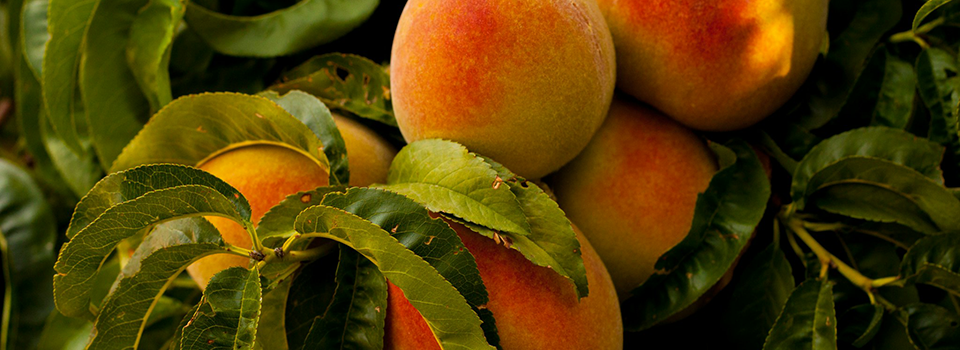
K-State horticulture expert advises spring fungicide for peach leaf curl
Prevention is the best control method for most garden diseases, says Domenghini
At a glance: Prevention is the best way to control the peach leaf curl fungus, says K-State horticulture expert Cynthia Domenghini. Home gardeners are encouraged to spray a fungicide during spring dormancy.
More information: Cynthia Domenghini, Cdom@ksu.edu
Related: K-State Horticulture Newsletter
Feb. 15, 2024
K-State Research and Extension news service
MANHATTAN, Kan. – A Kansas State University horticulture expert says prevention is the best cure for peach leaf curl, a fungus that was common in peach, nectarine and apricot trees last year.
Cynthia Domenghini said the fungus causes leaves to appear swollen and curled, reddish or purplish colors and leads to premature leaf and fruit drop.
“If your tree(s) had it last year, prepare for a resurgence unless trees are treated in early spring,” Domenghini said. “This fungus overwinters on the bark of the tree.”
Spring rains can wash the spores of peach leaf curl to developing buds and leaf tissue, spreading and infecting the new tissues. For this reason, Domenghini said, it is important to treat the tree with fungicide before the buds are able to swell.
Applying fungicide after symptoms appear on tree leaves is ineffective, she added.
“Fungicide must be applied during spring dormancy or during fall when most of the leaves have dropped. Always follow label instructions when using pesticides,” Domenghini said.
Dominghini says prevention always is the best recommendation for controlling diseases. She recommends starting an orchard with fruit tree cultivars that contain resistance or tolerance to peach leaf curl.
“Provide proper care to strengthen trees and prevent stress,” Domenghini said.
Domenghini and her colleagues in K-State's Department of Horticulture and Natural Resources produce a weekly Horticulture Newsletter with tips for maintaining home landscapes and gardens. The newsletter is available to view online or can be delivered by email each week.
Interested persons can also send their garden and yard-related questions to Domenghini at cdom@ksu.edu, or contact your local K-State Research and Extension office.
***

K‑State Research and Extension is a short name for the Kansas State University Agricultural Experiment Station and Cooperative Extension Service, a program designed to generate and distribute useful knowledge for the well‑being of Kansans. Supported by county, state, federal and private funds, the program has county extension offices, experiment fields, area extension offices and regional research centers statewide. Its headquarters is on the K‑State campus in Manhattan. For more information, visit www.ksre.ksu.edu. K-State Research and Extension is an equal opportunity provider and employer.